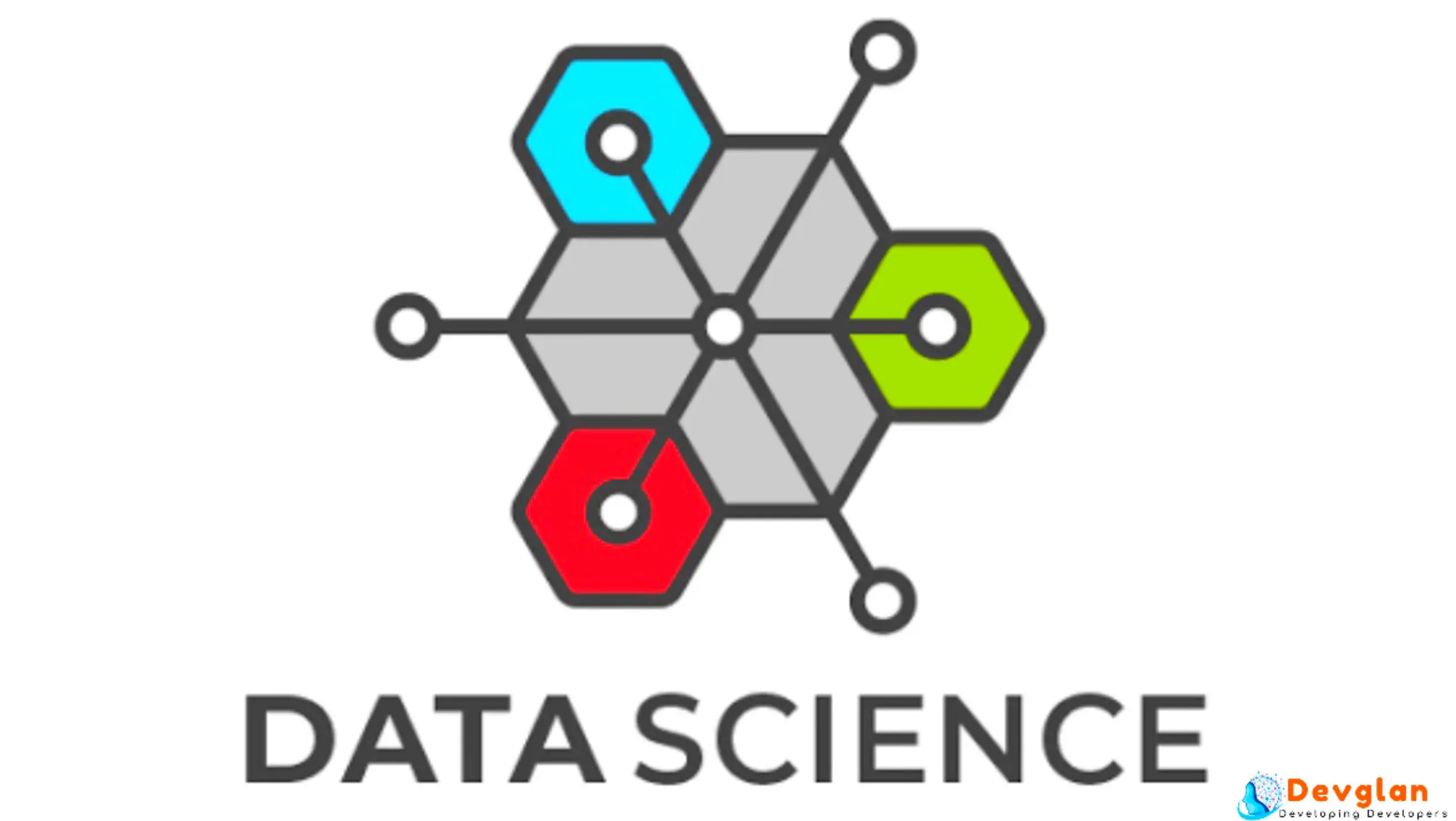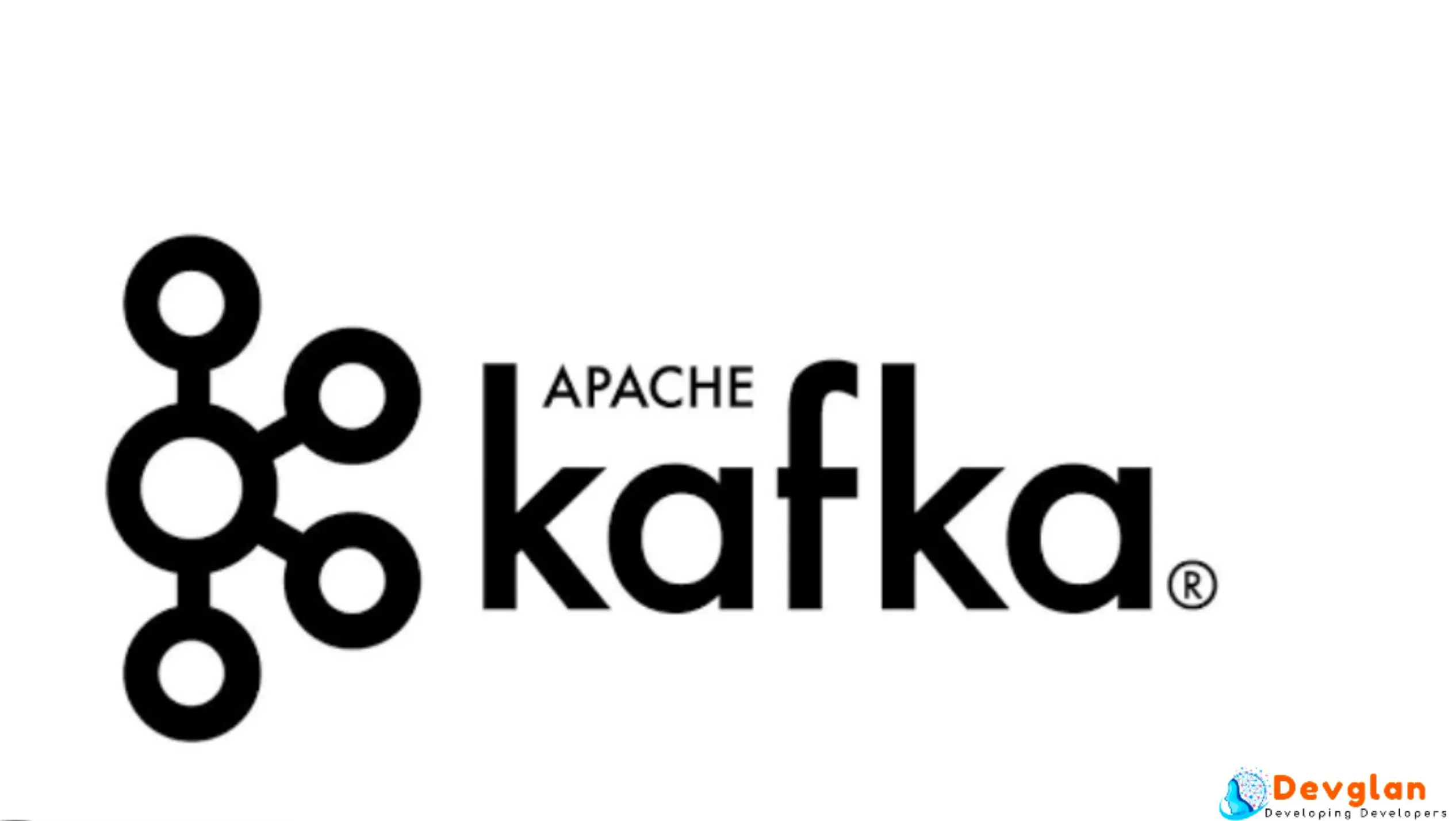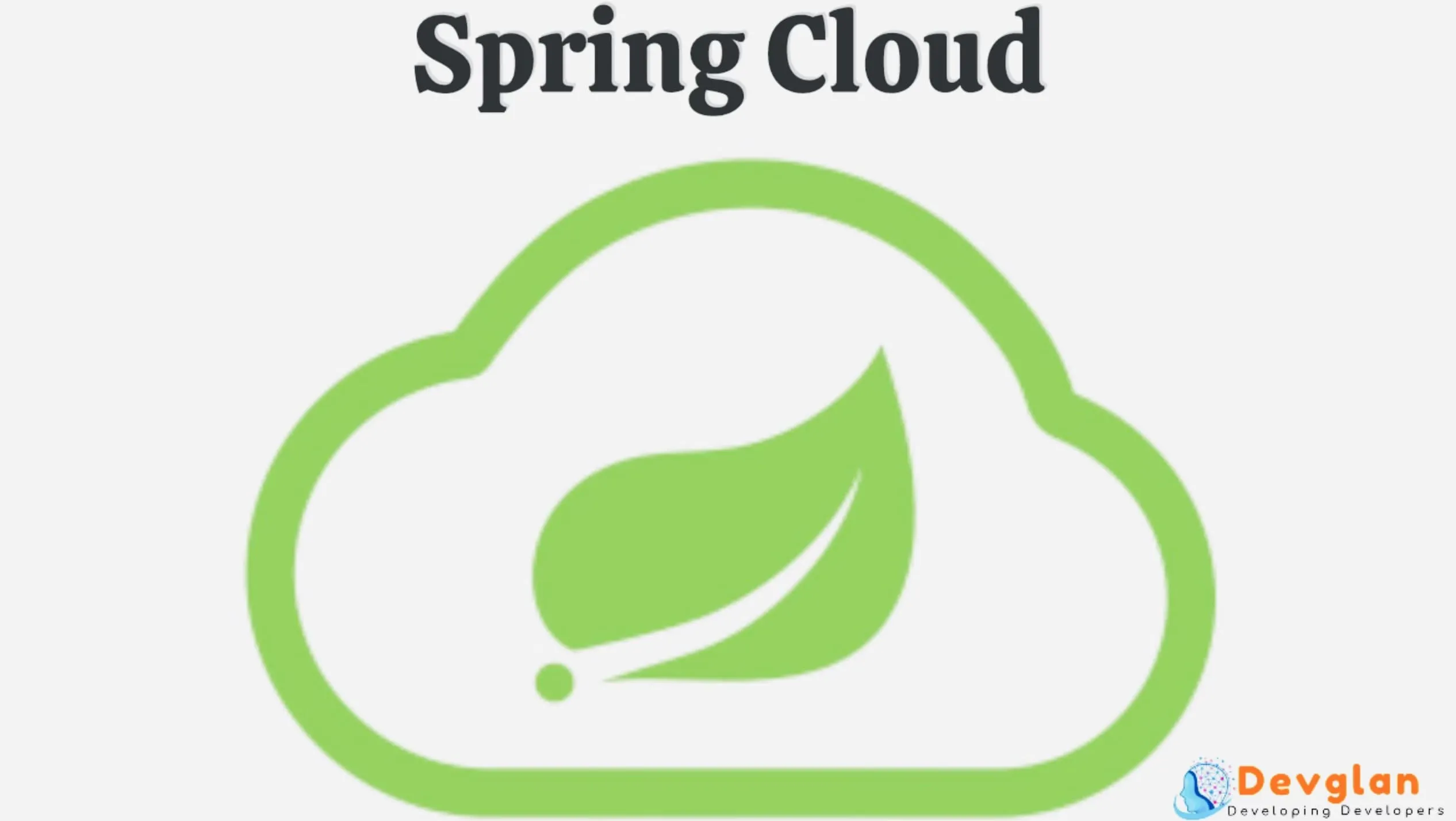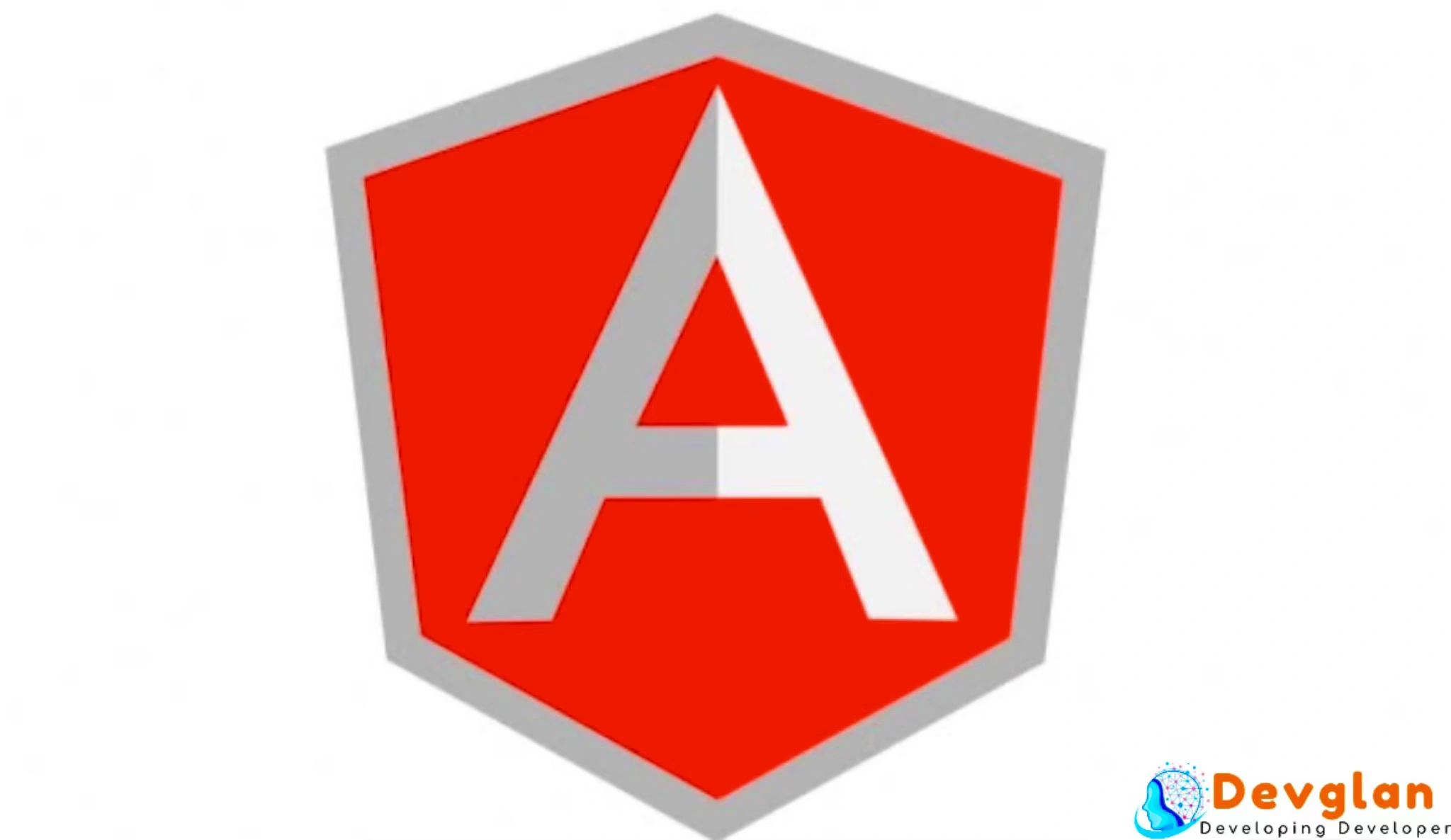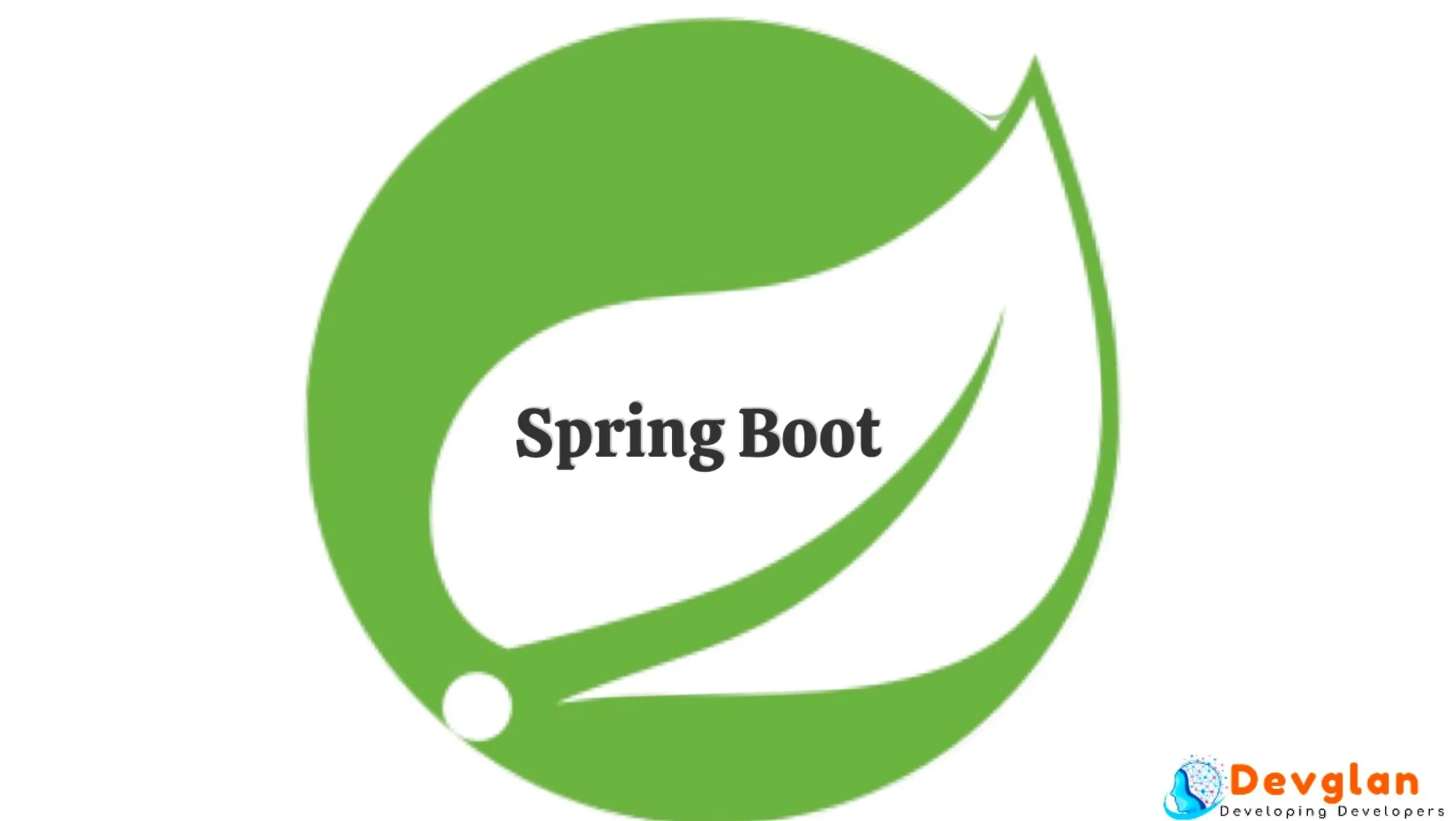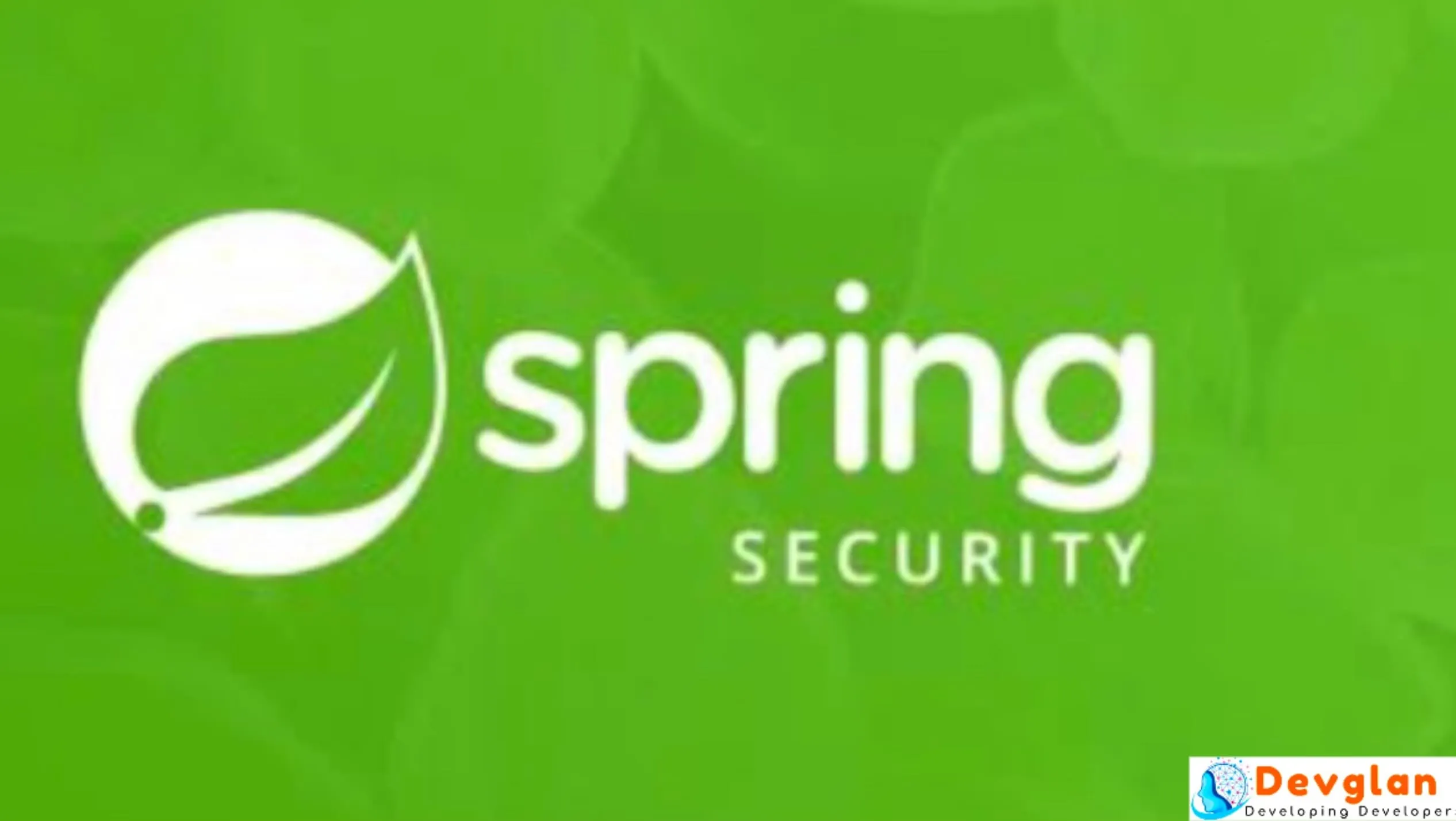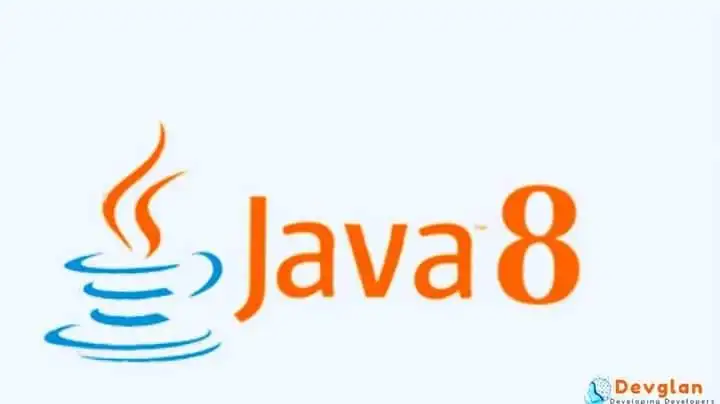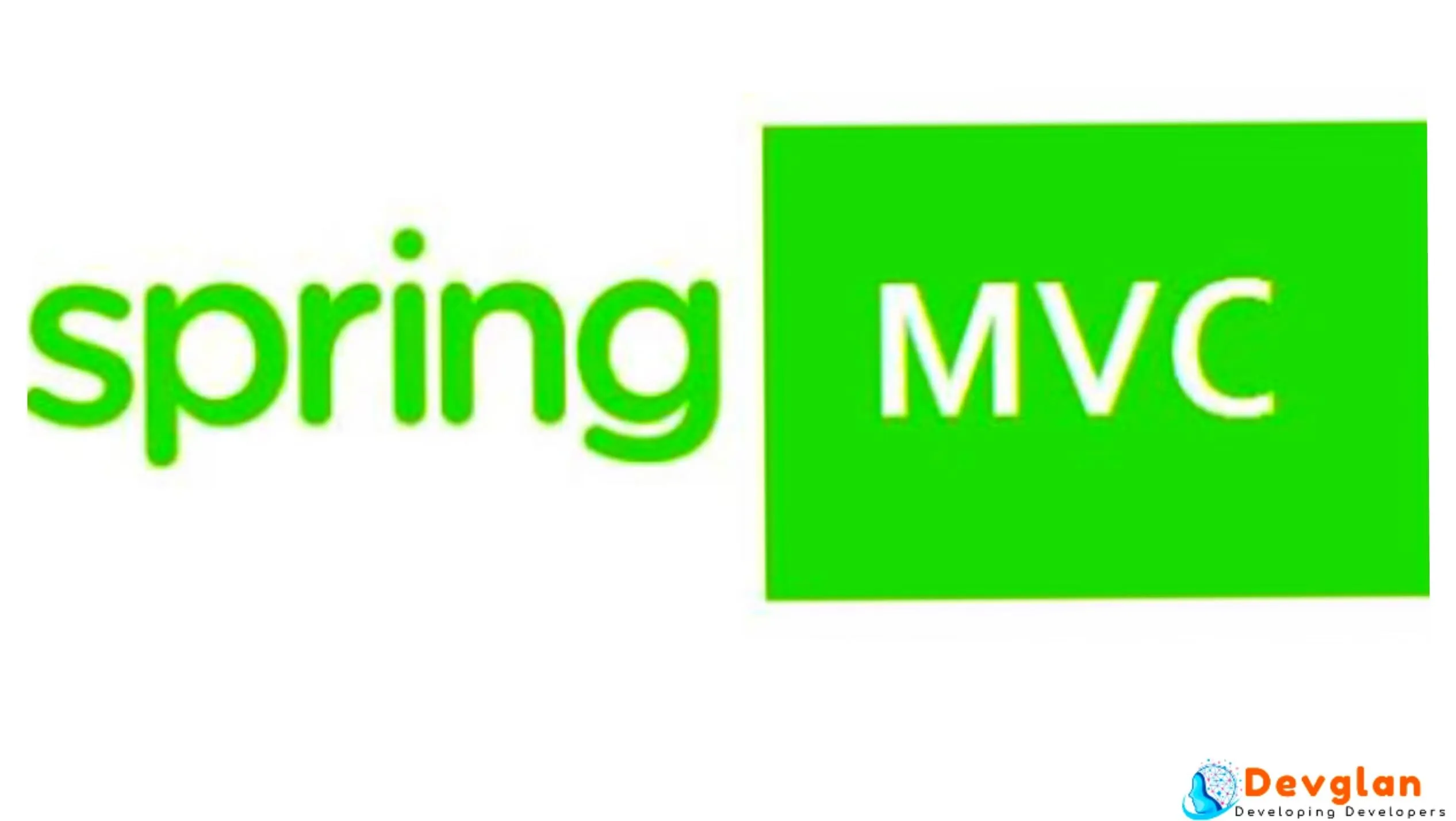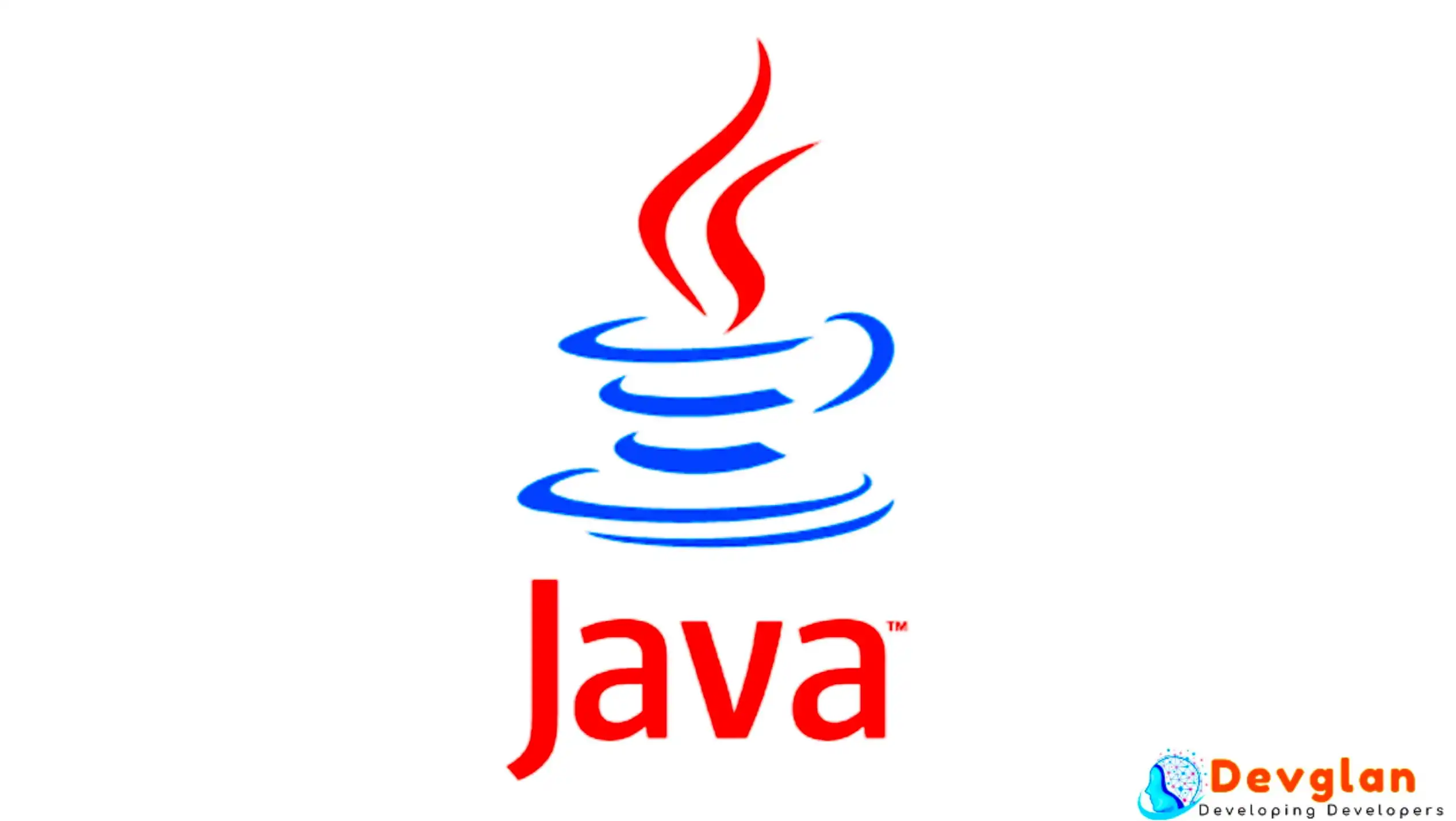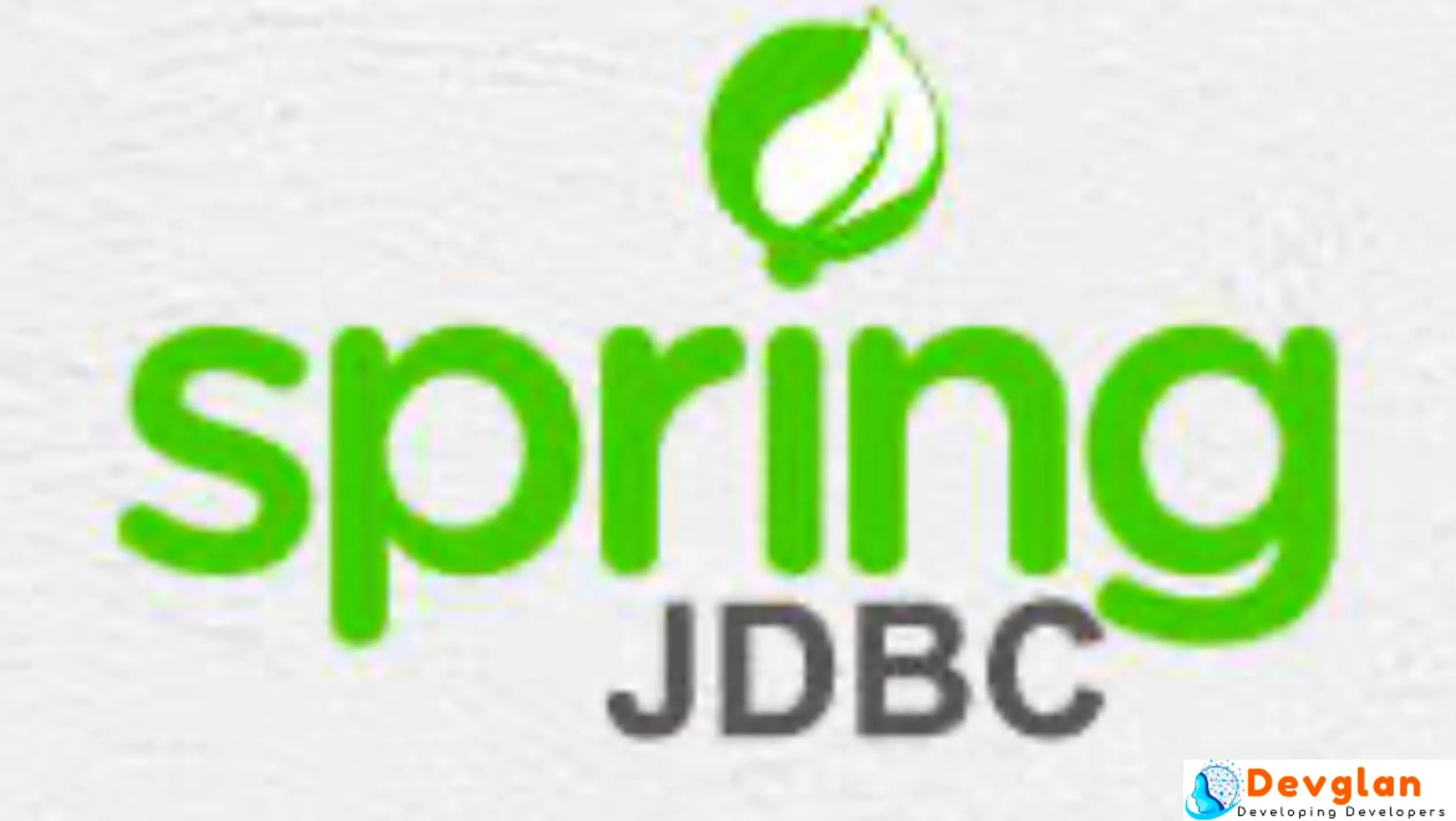Just because artificial intelligence is in the spotlight at the moment, don't ignore the fact that data is king. After all, how do you think one trains AI? With data, of course!
So, before you get distracted with AI and all that it brings to the table, let's get back to the basics. Leveraging data will get you far. So, collect and analyze it. Make wise business decisions with it. How do you do so? And what is data parsing anyway? Is it just a waste of time? We're here to answer these questions and more.
Data Parsing at Its Core
Data comes in various forms. It can be an article, table, or list. It may be an interview with a business leader or college professor. You can process and read a single data source. However, things become considerably more complex when you're trying to understand the vast amount of data available online and off.
Here's where data parsing comes into the picture. Here, you're converting all that raw data into a more structured format. You need readable and bite-sized information for easier analysis. It doesn't matter what format your data is in, whether JSON, HTML, CSV, or text. It's parseable!
Why Data Parsing Is In
Companies, large and small, are realizing the benefits of data parsing. Here are some reasons you should consider it when building your empire.
- Improved Data Quality: The data you gather may not be clean. It may not have a unified standard. Data parsing brings consistency and accuracy to the table. When you parse data, especially from multiple sources, you reduce errors and duplicates. The result is higher data quality.
- Better Business Decisions: Companies use gathered data to make smarter decisions on how to run their business. Parsed data makes analyzing it a much easier process. Trends and patterns come into view, leading to better strategies. That's how a company deals intelligently with market changes.
- Higher Efficiency: 2024 is the year of increased efficiency. If you're running a lean operation, you won't have the labor power to perform manual data entry and cleaning. Let data parsing tools do the job faster and more accurately. That way, your employees can focus on things that matter.
- Clearer Customer Insights: What do your clients think about your products and services? You can gain valuable insight from interactions, feedback, and transactions. Parse this data, which you already have in your systems, and start improving the way you operate.
Data Parsing Use Cases
Now, you know that you want high-quality data to make better business decisions. How do you get there, exactly? There are many ways to apply data parsing to your everyday tasks. Popular methods include:
- Web Scraping: How do you currently perform market research or compare prices? Do you manually check out web pages and copy data that seems relevant? There's a smarter way, and that's web scraping. A script facilitates this process, and data parsing helps in structuring.
- E-Commerce: If you're selling products online, you know how important it is to analyze e-commerce data. Everything, from product listings to inventory to customer reviews, matters.
- Sentiment Analysis: Customers are an emotional bunch. They say so much. Product review sites and social media platforms are excellent data sources for determining customer sentiments. So, parse away!
Data Parsing: Doing It Right
Much like any activity that helps better your business, getting data parsing right may be challenging. Here are some ways to ease your woes:
- Use Reliable Tools: Invest in reliable data parsing tools and software that can handle large datasets and complex data structures. Look for tools that offer automation features, error detection, and data cleaning capabilities. One such tool is proxies. These mask your IP and help you access geo-blocked and competitor data.
- Ensure Data Security: Implement robust security measures to protect sensitive data during the parsing process. This includes using proxies, encrypting data, and following best practices for data storage and access.
- Regularly Update Your Parsing Scripts: Websites and data sources frequently change their structure and format. Regularly update your parsing scripts to ensure they can handle these changes and continue to extract accurate data.
- Validate Parsed Data: Always validate parsed data to ensure its accuracy and completeness. This can involve cross-referencing with other data sources, checking for duplicates, and performing quality checks.
- Monitor Legal Compliance: Always comply with relevant laws and regulations, such as data protection and copyright laws. This includes respecting website terms of service and avoiding unauthorized data access.
Conclusion
Data parsing puts the power in your hands. When you transform raw data into valuable insights, you'll be better equipped to make wiser business decisions.


